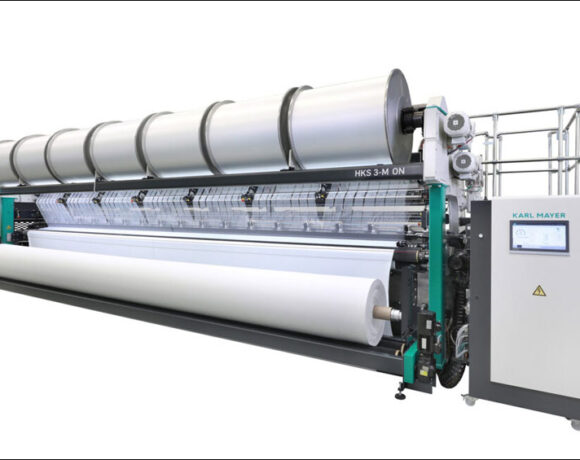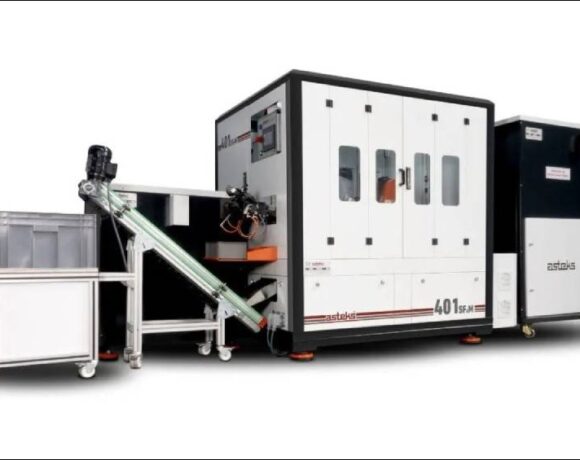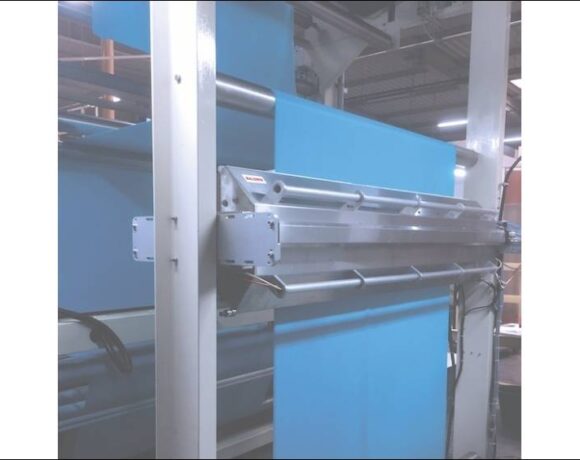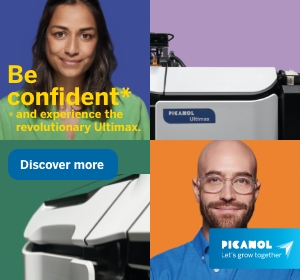Epson To Shred Hard-To-Recycle Fabrics With New Technology
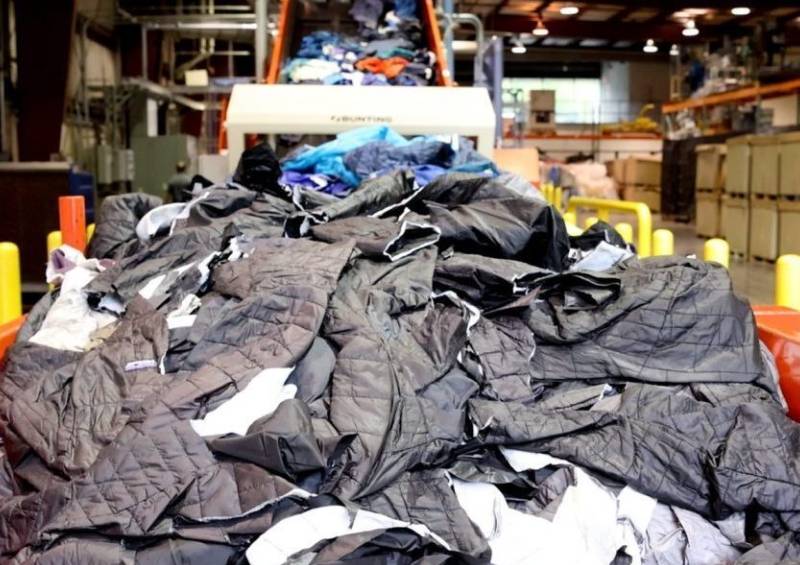
Epson plans to use its proprietary Dry Fiber Technology to establish technology for defibrating hard-to-recycle fabrics and expand real-world fibre recycling.
‘To this end, Epson entered into a joint development agreement with The Hong Kong Research Institute of Textiles and Apparel Limited (HKRITA),” Seiko Epson said in a press release.
HKRITA is a Hong Kong-based R&D center, specialising in the development of innovative solutions to the textile, clothing and fashion industry.
Spurred by a growing recognition of global environmental issues, a trend toward using recycled fibers from unwanted clothing has been gaining steam.
This is happening particularly in Europe, where countries are moving to increase the ratio of recycled fibres used and limit the use of petroleum-derived synthetic fibres.
“Currently, a machine called a Garnett is commonly used in the textile recycling process to separate the fibres in waste material,” the Japanese company said.
“However, Garnetts are unable to effectively separate fibres of tightly woven fabrics used for dress shirts and bed sheets and elastic blended fabrics used for functional clothing,” it observed.
Epson seeks to solve this problem by using its unique Dry Fiber Technology to establish a process for defibrating elastic blended fabrics and tightly woven fabrics.
The aim is to provide a new solution for recycling clothing fibers by entering into a joint development agreement with HKRITA.
This solution will be able to help greatly accelerate the use of recycled fibres by making it possible to separate fibres from challenging textiles such as functional clothing, sheets, and dress shirts.
Epson aims to establish the technology as soon as possible and implement it in the real world.
Dry Fiber Technology, independently developed by Epson, enables the creation of new value from post-consumer paper, wood, clothing, and other fibrous waste and used products.
It is one of the core technologies around which Epson is building an environmental business. It is also developing stronger and more durable recycled plastic and bio-based plastic.
Epson is building an environmental business by applying this technology and will contribute to environmental impact mitigation and resource circulation.


